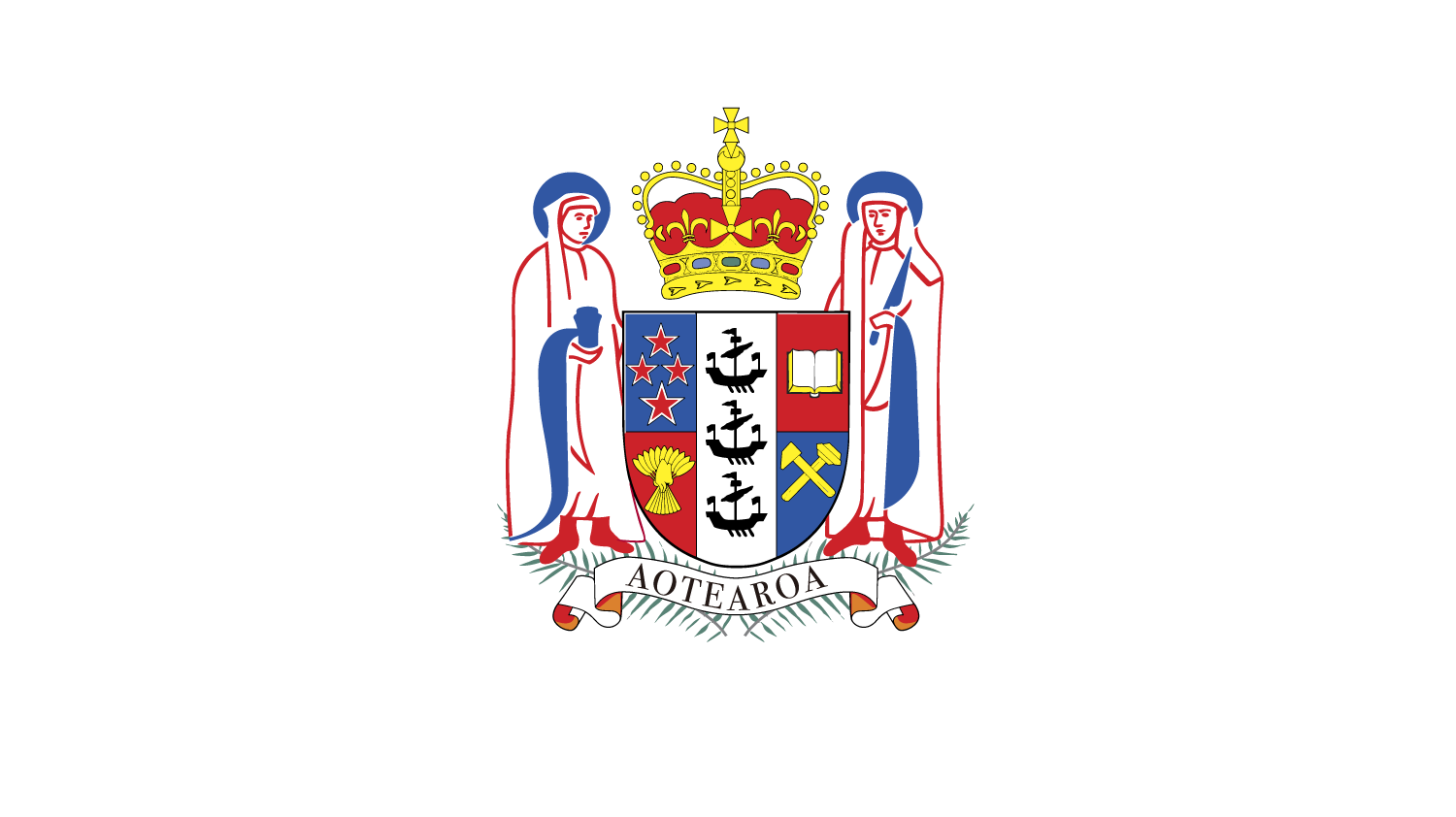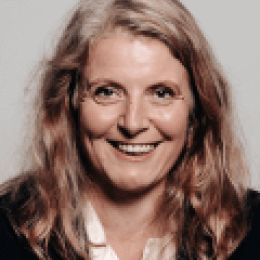




Harriet Bulkeley gained her PhD from the University of Cambridge in 1999 where she subsequently held a Junior Research Fellowship and Leverhulme Research Fellowship. She joined Durham University in 2003, was appointed as full professor in 2010 and is currently Deputy Executive Dean for Research in the Faculty of Social Sciences and Health. Since 2018 she has held a joint appointment as Professor at the Copernicus Institute of Sustainable Development, Utrecht University.
Harriet’s research focuses on the politics and practices of environmental governance, with particular focus on climate change. Her first book (with Michele Betsill) pioneered the field of cities and climate change and her research continues to examine the role of cities and other non-state actors in governing climate change. She has written extensively on the politics of energy transitions, smart cities, urban sustainability, biodiversity and nature-based solutions, publishing 15 books and edited collections and over 70 papers. She has been included in the Highly Cited Researchers list of the top 1% of researchers internationally four times since 2016.
Her work is known for its interdisciplinarity and she has led several large programmes of research, including most recently the EU Horizon 2020 NATURVATION project examining the potential of urban nature-based solutions for sustainable development. Alongside her academic research, Harriet works closely to enable the translation of research for policy and has provided expert advice and undertaken commissioned research for several organisations including the UK Government, European Commission, NGOs, UN-Habitat, the OECD and the World Bank.
In 2014, Harriet was awarded the King Carl XVI Gustaf’s Professorship in Environmental Science and a Visiting Professorship at Lund University, Sweden and in 2018 was granted the Back Award by the Royal Geographical Society in recognition of the policy impact of her work on climate change. In 2019, she was elected as a Fellow of the British Academy and a Fellow of the UK Academy of the Social Sciences. In 2023, she was appointed to the Scientific Council of the European Research Council and as a member of the Social Science Advisory Group to the UK Government’s Department of Environment, Food and Rural Affairs.